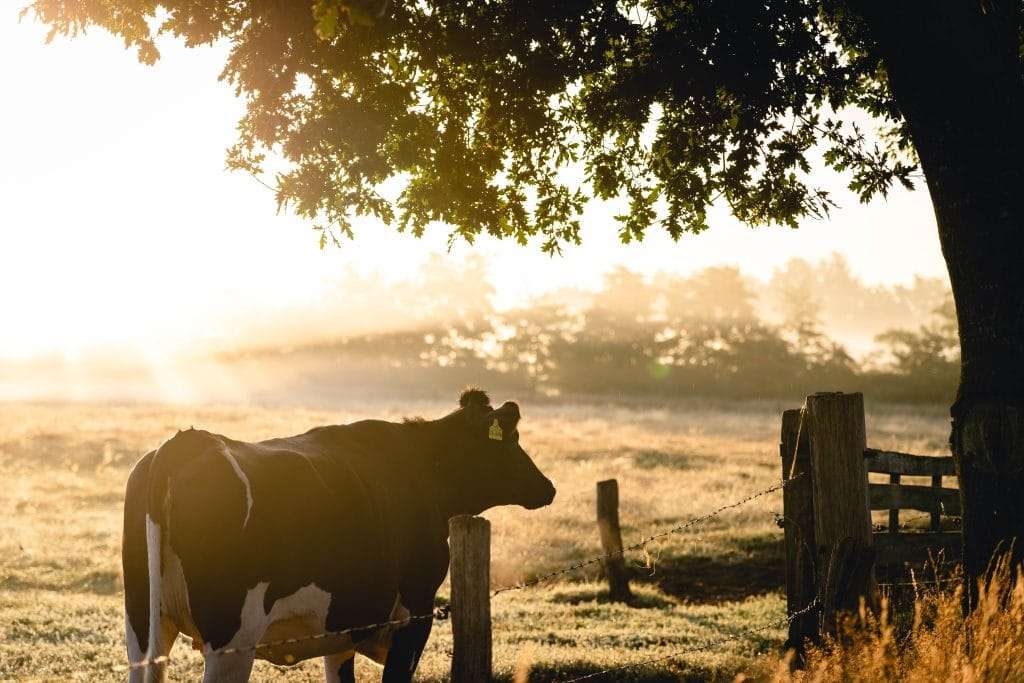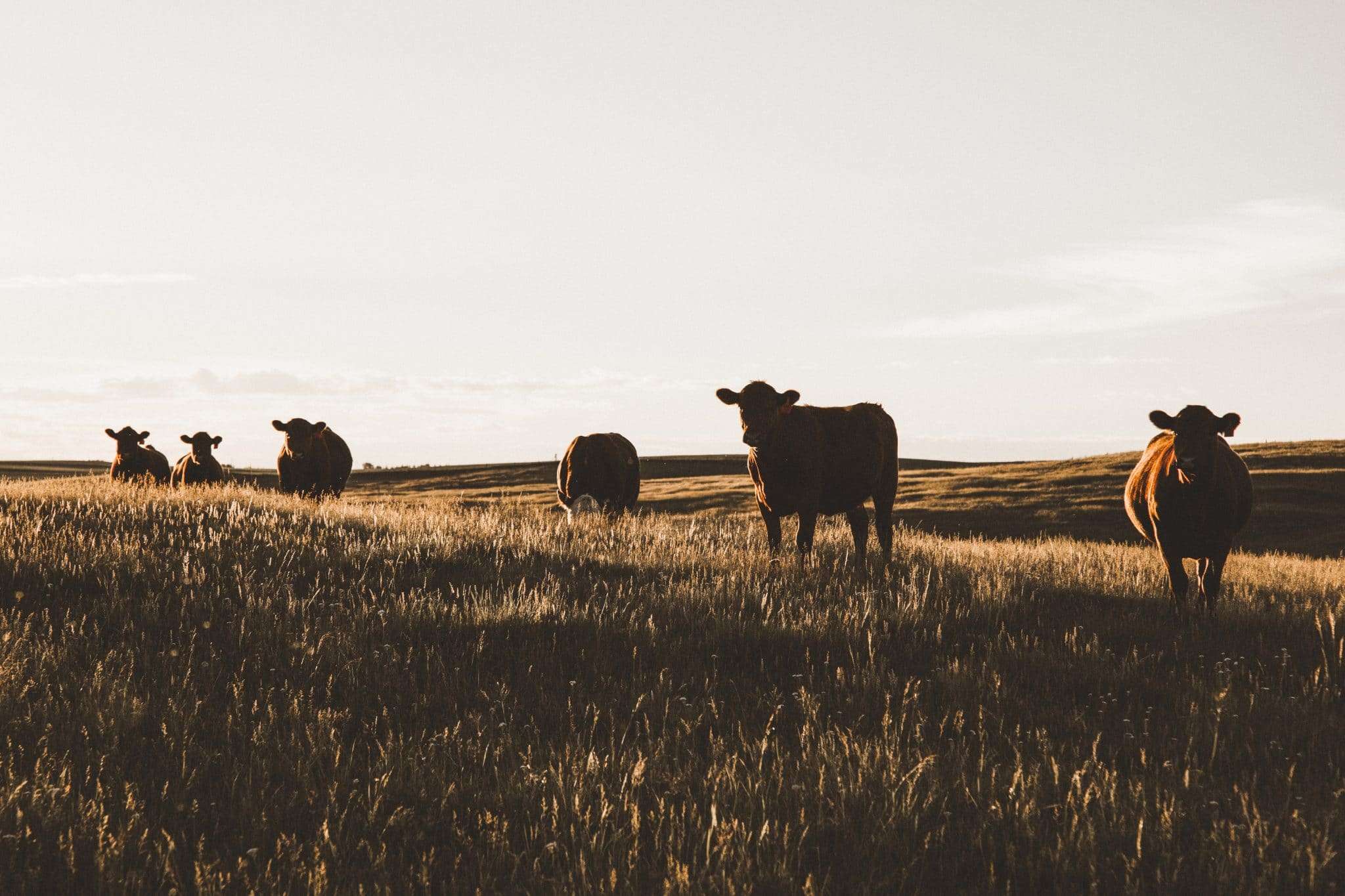A new report finds the annual global death toll from antibiotic resistance as a result of overuse in meat production is now nearly one million. But can continued demand for plant-based meat help curb it?
Research from the nonprofit World Animal Protection (WAP) shows the global implications of antibiotic use in factory farms. Used to prevent infection and speed growth — a common side effect of antibiotics — the livestock industry consumes nearly 75 percent of all medically important antibiotics.
Their widespread use in the food system is deeply tied to antibiotic resistance, something the World Health Organization has been warning about for more than decade, calling it the “post-antibiotic era,” where an injury as minor as a scraped knee could prove fatal if antibiotic-resistant bacteria take hold.
According to the report, antibiotic-resistant strains of Staphylococcus aureus, Escherichia coli, Campylobacter, and non-typhoidal Salmonella were linked to 975,000 human deaths and 35 million illnesses in 2019. “That’s more deaths than some common cancers like colon or liver cancer, HIV/AIDS, or malaria in that year,” WAP says.

“Antibiotic resistance is a rapidly growing public health threat, and the clear link to factory farming exposed in this report demonstrates the urgent need for food systems that protect animals and humans,” Annette Manusevich, Farming Campaign Manager, World Animal Protection, U.S., said in a statement.
The toll of antibiotic resistance isn’t just human life; it comes at a financial burden of more than $400 billion, the WAP report finds. It says antibiotic overuse by leading meat and dairy producers is largely responsible for the superbug crisis.
“This excessive use of antibiotics sees drug-resistant bacteria emerge and contaminate our environment – our food and water,” WAP says. “As a result, our natural ability to fight life-threatening illnesses is rapidly weakening, and common, previously treatable infections are now proving fatal.”
Without efforts to curb antibiotic use, WAP says the planet will see the fatalities double by 2050 to more than two million deaths per year with the costs soaring to nearly $2 trillion in losses.
While the demand for meat is expected to increase by as much as nine percent in North America by 2030, new data from Grand View Research shows the global plant-based meat market is growing at a nearly 25 percent CAGR, expected to surpass $24 billion by 2030.

“Growing adoption of vegan lifestyle and diet among health-conscious consumers in traditionally meat-eating developed economies are expected to drive the market growth over the forecast period,” Grand View says.
It says vegan sausage will see a nearly 27 percent CAGR over the forecast period while soy-based products continue to dominate, accounting for nearly half of the revenue market share last year.
“The rising trend of a vegan diet in European countries has pushed the demand for plant-based meat products in the region,” Grand View notes, with the U.K. now home to the largest vegan population in the world.
While the category outlook is promising, WAP says there’s still an urgent need to mitigate antibiotic use in meat. The organization is calling for a global moratorium on factory farming to “safeguard animal welfare, human health, and the environment.”
It says governments must outlaw the construction of new factory farms and expand current farms to protect public health and farmed animals.
“Meat and dairy production in the U.S. accounts for around 11 million kg of antibiotics sold each year, which has increased in recent years,” Manusevich says. “Urgent action is needed to regulate the use of antibiotics in the agriculture industry and reduce meat in diets in high-meat consuming countries to build a more sustainable food system and stop the next global health crisis.”
Related on Ethos:


